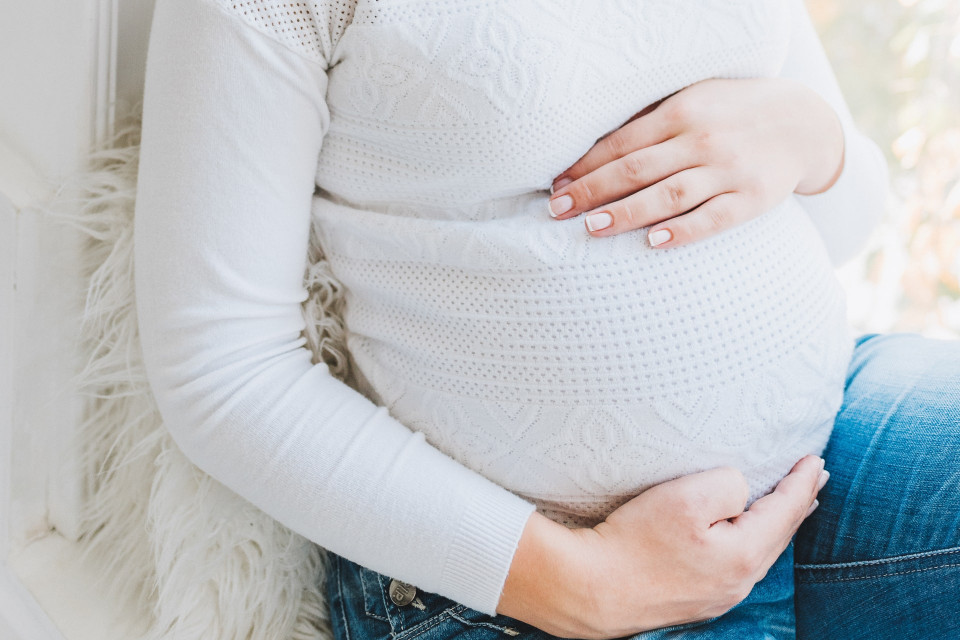Latest data from the Office of National Statistics (ONS) on Birth characteristics in England and Wales: 2020, released earlier this month, reinforces the need for workplace fertility, pregnancy and early parenthood support for all employees – not just those who fit the conventions of what was traditionally considered the nuclear family.
In 2020, the average age of mothers in England and Wales remained at 30.7 years, while the average age of fathers increased slightly to 33.7 years – both prime working ages. In 2020, there were 1,959 live births to same-sex couples. ONS data also shows there were 613,936 live births in England and Wales in 2020, a decrease of 4.1% from 2019.
Not everyone trying for a baby will struggle to conceive, but for those going through fertility issues it is one of the last remaining workplace taboos – people simply don’t talk about it to their employer or their colleagues.
In addition, becoming a parent often happens at the same time as careers are starting to flourish, which means it has a major impact on employers too.
Dr. Mridula Pore, CEO of Peppy said: “Trying for a baby and becoming a parent can be challenging times.
“When a member of staff tries for a baby or needs treatment to help them conceive, it can be all-consuming. They may need to take time off work for appointments and the stress and anxiety can lead to additional absences from a mental health point of view too.
“Once a baby is born, the stress isn’t over, with challenges such as feeding, sleeping and managing a new routine.
“This is a time when employees need a huge amount of support, and with the right support the experience can be much more positive, and also mitigate absence.”
Other data included in the ONS birth characteristics report revealed:
- The highest stillbirth rates remain in women aged 40 years and over at 5.5 stillbirths per 1,000 births in 2020, which is no change compared with 2019.
- Babies from the black ethnic group have the highest stillbirth rate at 6.3 per 1,000 births. However, this has decreased from 7.1 stillbirths per 1,000 births in 2019.
- In 2020, 7.4% of live births were preterm births, a decrease from 7.8% in 2019. (A preterm birth is a birth that takes place before 37 weeks’ gestation.)
Dr. Pore continued: “After a miscarriage or stillbirth, many employees will find it hard to discuss what has happened and will benefit from support from someone with dedicated expertise in this area who understands what the individual or couple are experiencing emotionally, physically and practically.
“Whether employees are seeking treatment to help them conceive, have become parents, or have suffered the trauma of baby loss, support needs to be available as part of workplace diversity, equity and inclusion policies for everyone. We know that these issues don’t just affect young women in heterosexual relationships and although they are difficult subjects to address, those employers that are there when their staff are vulnerable and most at need, will be the employers of choice.”















